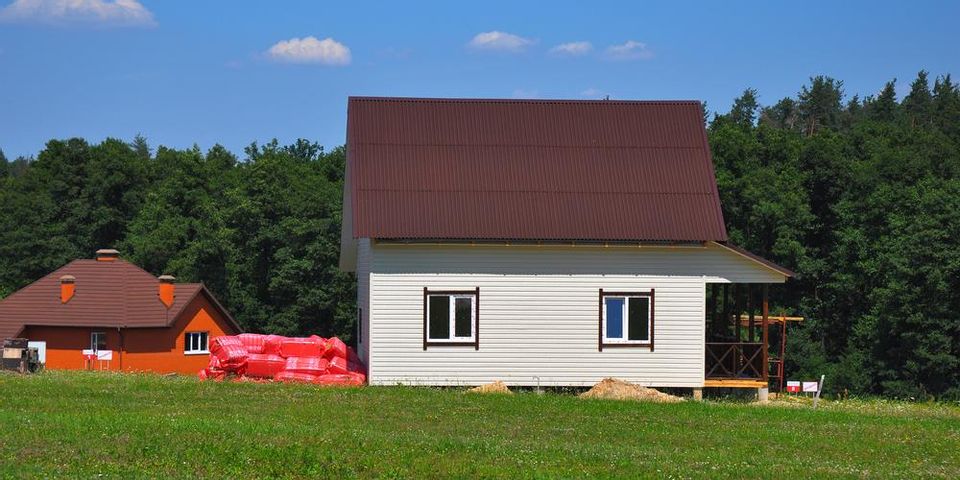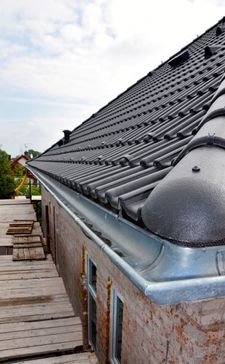
Homeowners looking to replace their roofs are faced with a handful of choices in the roofing market. Among the most popular roofing materials today are TPO, or thermoplastic polyolefin, and PVC, or polyvinyl chloride. TPO and PVC each have different pros and cons. Lasco Roofing & Sheet Metal Co., a roofing contractor in New Milford, CT, shares the respective advantages and disadvantages of each roofing material.
TPO vs. PVC Roofing Materials
Cost
 Price is always a major factor when it comes to home repairs and renovations, and in this category, TPO tends to have a slight an advantage. PVC is more expensive than TPO per square foot of the same thickness material. Labor is about the same for both, however, as well as the overall cost of the system. Your roofing contractor can determine the exact price based on your needs.
Price is always a major factor when it comes to home repairs and renovations, and in this category, TPO tends to have a slight an advantage. PVC is more expensive than TPO per square foot of the same thickness material. Labor is about the same for both, however, as well as the overall cost of the system. Your roofing contractor can determine the exact price based on your needs.
Durability
While TPO roofs are cheaper than their PVC counterparts, they're also more brittle. It has been found that TPO roofs are vulnerable to splitting, cracking, and deterioration from ultraviolet rays. According to some roofing experts, the TPO formulation doesn't hold up as well as PVC and other types of roofs.
Energy Implications
This category is something of a draw. PVC and TPO roofs feature white membranes that reflect back sunlight, thus reducing the amount of heat absorbed into your home. This can have a major impact on your air conditioning bills during the spring and summer months.
Metal and plastic composite roofs, like PVC and TPO, are continuing to gather momentum. If you are looking to make a change, the roofing contractors at Lasco Roofing & Sheet Metal Co. have been installing commercial and residential roofs for over 45 years. Visit their website to learn more about their residential and commercial roofing work, or call them directly at (860) 355-8060 for an estimate.
About the Business
Have a question? Ask the experts!
Send your question

